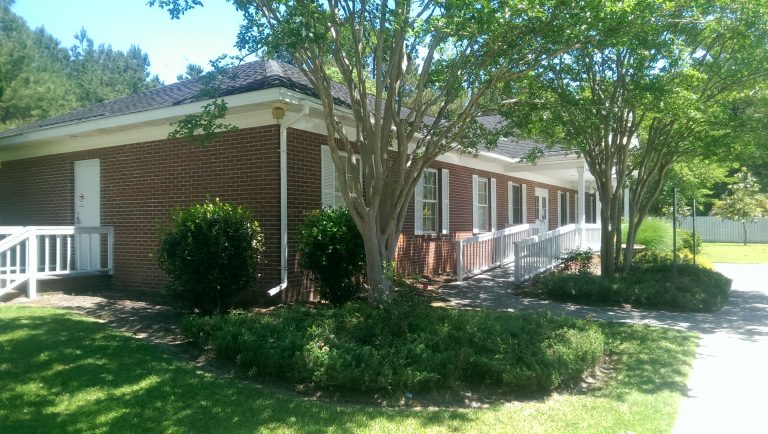BERKELEY COUNTY CAMPUS
family support services
Helping Families Across Berkeley County
Empowering and equipping our community’s most vulnerable children by providing a safe environment, education support, and career readiness, in collaboration with families and community partners.

Supporting parents within our communities
Find the support your family needs to learn, grow, and connect. These foundational lessons are protective factors for thriving families.

Strengthening and reunifying families
Our Family Preservation and Reunification services offer in-home support to families facing challenges, aiding them through transitions with a dedicated team, and fostering resilience, relationship strengthening, and safety.

Sheltering at-risk youth
Landmarks for Families offers a safe haven for children who’ve faced trauma or neglect in its 230-year history, providing tailored treatments and comprehensive care for those impacted by various forms of abuse.
About the Berkeley County Campus
The Callen-Lacey Center for Children was established in response to a critical need identified by the 1992 Trident United Way Needs Assessment. The assessment identified several crucial areas of focus for the community, including the need for support for children in crisis. As a result, community members came together to form the Give Me Shelter Committee to focus on addressing this critical issue.
As a result of Landmarks for Families’ history and success serving the Lowcountry through its residential care and community-based programs, the Give Me Shelter Committee, Berkeley County office of the Department of Social Services (DSS), and Trident United Way asked Landmarks for Families to establish a shelter in Berkeley County to serve children in crisis.
With the support of individuals and businesses in the Berkeley County community, including Trident United Way, Roper St. Francis Healthcare, the Housing Trust Fund of SC, and the Duke Endowment, funds were raised to build a new campus in Moncks Corner that would provide a safe and nurturing environment to help youth and families reach their full potential.
Since its opening in 1998, Landmarks for Families’ Callen-Lacey Center for Children has been home to more than 1,100 children ranging from newborn to 21 years old.

Help us build a better future for children & families
At Landmarks, we believe in the power of community. Every action, no matter how small, has the ability to improve lives around us. Join us in creating a brighter world and better, safer futures for children and families.